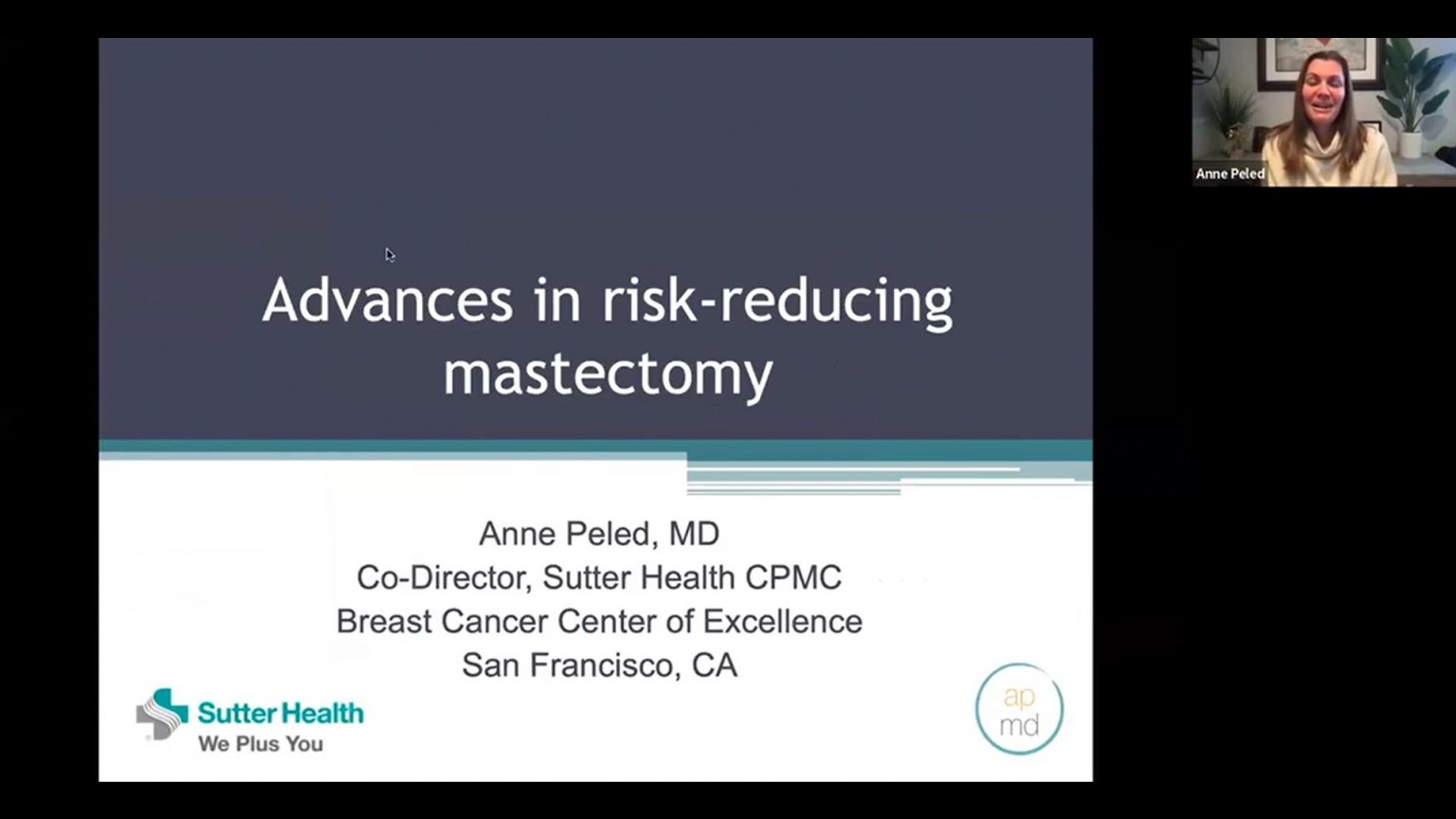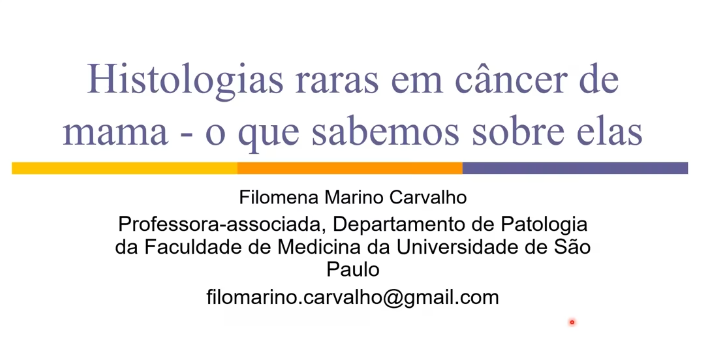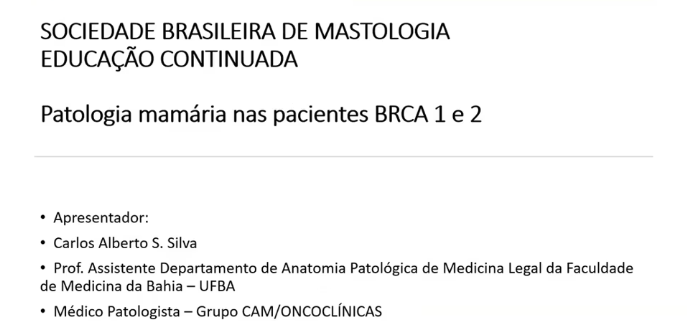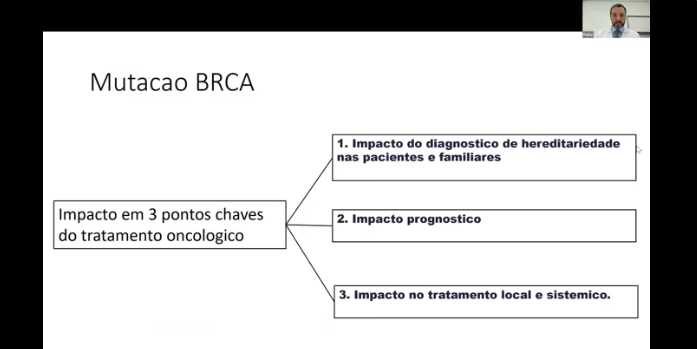Artigo
Ribociclib plus Endocrine Therapyin Early Breast Cancer
ABSTRACT
BACKGROUND: Ribociclib has been shown to have a significant overall survival benefit in patients with hormone receptor (HR)–positive, human epidermal growth factor receptor 2 (HER2)–negative advanced breast cancer. Whether this benefit in advanced breast cancer extends to early breast cancer is unclear.
METHODS: In this international, open-label, randomized, phase 3 trial, we randomly assigned patients with HR-positive, HER2-negative early breast cancer in a 1:1 ratio to receive ribociclib (at a dose of 400 mg per day for 3 weeks, followed by 1 week off, for 3 years) plus a nonsteroidal aromatase inhibitor (NSAI; letrozole at a dose of 2.5 mg per day or anastrozole at a dose of 1 mg per day for ≥5 years) or an NSAI alone. Premenopausal women and men also received goserelin every 28 days. Eligible patients had anatomical stage II or III breast cancer. Here we report the results of a prespecified interim analysis of invasive disease–free survival, the primary end point; other efficacy and safety results are also reported. Invasive disease–free survival was evaluated with the use of the Kaplan–Meier method. The statistical comparison was made with the use of a stratified log-rank test, with a protocolspecified stopping boundary of a one-sided P-value threshold of 0.0128 for superior efficacy.
RESULTS: As of the data-cutoff date for this prespecified interim analysis (January 11, 2023), a total of 426 patients had had invasive disease, recurrence, or death. A significant invasive disease–free survival benefit was seen with ribociclib plus an NSAI as compared with an NSAI alone. At 3 years, invasive disease–free survival was 90.4% with ribociclib plus an NSAI and 87.1% with an NSAI alone (hazard ratio for invasive disease, recurrence, or death, 0.75; 95% confidence interval, 0.62 to 0.91; P=0.003). Secondary end points — distant disease–free survival and recurrence-free survival — also favored ribociclib plus an NSAI. The 3-year regimen of ribociclib at a 400-mg starting dose plus an NSAI was not associated with any new safety signals.
CONCLUSIONS: Ribociclib plus an NSAI significantly improved invasive disease–free survival among patients with HR-positive, HER2-negative stage II or III early breast cancer. (Funded by Novartis; NATALEE ClinicalTrials.gov number, NCT03701334.)
Compartilhar em:
Comentários
0
Conteúdos Relacionados
Comentários
Deixe um comentário Cancelar resposta
Você precisa fazer o login para publicar um comentário.





